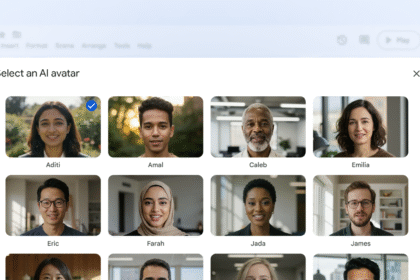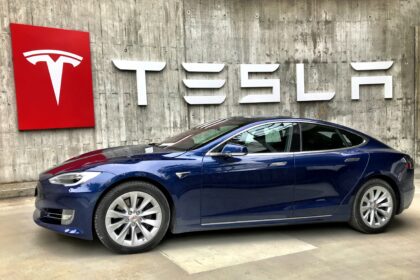Former U.S. Vice President Al Gore has unveiled a powerful new initiative designed to expose the hidden dangers of air pollution worldwide. On Wednesday, Climate Trace, the nonprofit co-founded by Gore, launched an AI-driven tool that tracks fine particulate pollution (PM2.5) from more than 660 million sources across the globe.
While fossil fuel emissions are widely recognized as a driver of climate change, far fewer people understand the lethal effects of PM2.5 pollution, which kills an estimated 10 million people each year. Gore emphasized the urgency of the issue, noting the lack of accessible, precise data on air quality. “It has been difficult for people to get precise information about what pollution they’re breathing, where it’s coming from, and what the quantities are,” he told TechCrunch.
Climate Trace, originally established to monitor greenhouse gas emissions, expanded its mission after Gore’s experience working with Memphis residents fighting against a crude oil pipeline that threatened local water supplies. Observing how refinery plumes drifted into neighborhoods, Gore challenged the coalition to track particulate matter on a global scale.
The new system offers both raw data on major polluters and visualizations of PM2.5 plumes near urban centers, with worldwide coverage expected in the future. Developed in partnership with researchers at Carnegie Mellon University, the tool leverages artificial intelligence to analyze data from 662 million global sites, a feat previously thought impossible.
Scientists have increasingly recognized the broad health impacts of fine particulate pollution, linking it not only to lung cancer and heart disease but also to conditions such as dementia, kidney disease, low birth weight, type 2 diabetes, and neurodegenerative disorders. Even within legal limits, PM2.5 exposure leads to tens of thousands of excess deaths in the United States annually.
Related: Synthetic Biology for the Masses: What a Consumer-First Future Could Look Like
Gore hopes the data will drive public awareness and political momentum to accelerate the transition away from carbon-heavy facilities. Drawing parallels to the ban on leaded gasoline, which was informed by groundbreaking research decades ago, he expressed optimism that greater awareness could push governments and industries toward cleaner alternatives.
“The very idea of tracking 662 million sites around the world — without AI, people couldn’t have imagined doing something like that,” Gore said. “But as we’ve seen in the last couple of years, AI can do extraordinary things.”






